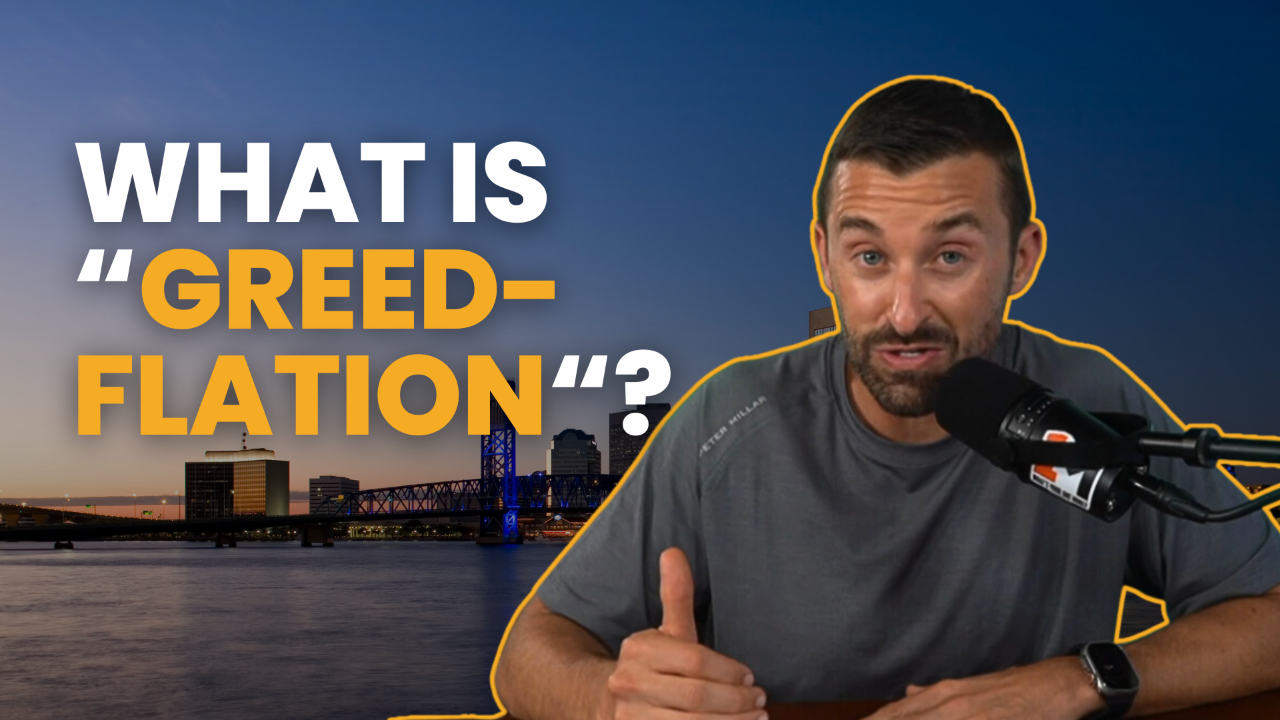Ep. 101 - How Inflation Killed Big Brand Loyalty | The Rise Of Private Label
Oct 16, 2023
The Rise of Private Label Brands
Consumer preferences are shifting as inflation persists. Many shoppers are moving away from national brands and towards cheaper private label options. Major retailers like Target, Trader Joe's, Kroger, Walmart, Whole Foods, and Costco have all seen substantial growth in their store brand sales.
According to a recent survey by the Food Industry Association, 41% of shoppers said they've been buying more private label items since 2020. Another 30% cited higher grocery prices as the reason for the switch. In 2023, nearly 90% of American adults are willing to switch to a private label brand due to inflationary pressures.
When shoppers go to grocery stores now, they are looking for ways to reduce costs without sacrificing their nutritional needs. As prices continue rising, consumers are becoming less loyal to the big brands they routinely purchased in the past.
The Rise of Costco's Kirkland Brand
Costco has the largest private label brand of any retailer with Kirkland Signature. In May 2022, the wholesale chain reported that Kirkland sales hit $17.85 billion in April alone - up 3% from the previous year. For the second quarter, total Kirkland sales jumped 6.5% to $54.24 billion.
Other major retailers are trying to mimic Costco's private label success. For example, Target heavily promotes its Archer Farms brand in stores to compete with other major brands. Private labels allow big box stores to sell high volumes of product while earning strong profit margins.
Private Label Growth in Key Categories
In the grocery sector, private label sales are surging across several categories. In the first quarter of 2023, private label beverage sales rose 17.1%. Bakery sales were up 16.8%. Overall private label food sales excluding meat increased 16%. Refrigerated private label items saw 15.5% growth.
The market share for grocery private labels has expanded nearly 20% year-over-year from 2022 to 2023. Private label unit sales are up 20.3% year-to-date. Essentially, private brands are a rapidly growing segment largely fueled by inflationary pressures.
Consumers Feel Big Brands Are Greedy
Some consumers believe large CPG companies are using inflation as an excuse to charge more and boost profits. For example, Pepsi raised prices 16% but its volume only dropped 2% in the most recent quarter. Nestle increased prices 9.8% with a 2.6% volume decline.
When national brands hike prices substantially without a corresponding drop in demand, shoppers start to feel taken advantage of. This perceived "greedflation" is making consumers more open to alternatives like private label.
The Bottom Line
As inflation persists, retailers' private label brands continue gaining market share across grocery categories. Shoppers believe private labels offer similar quality at lower prices compared to national brands. With budgets stretched by inflation, consumers are becoming less loyal to big CPG companies and more open to store brand alternatives. Retailers are capitalizing on this shift by heavily promoting their private labels in stores.


